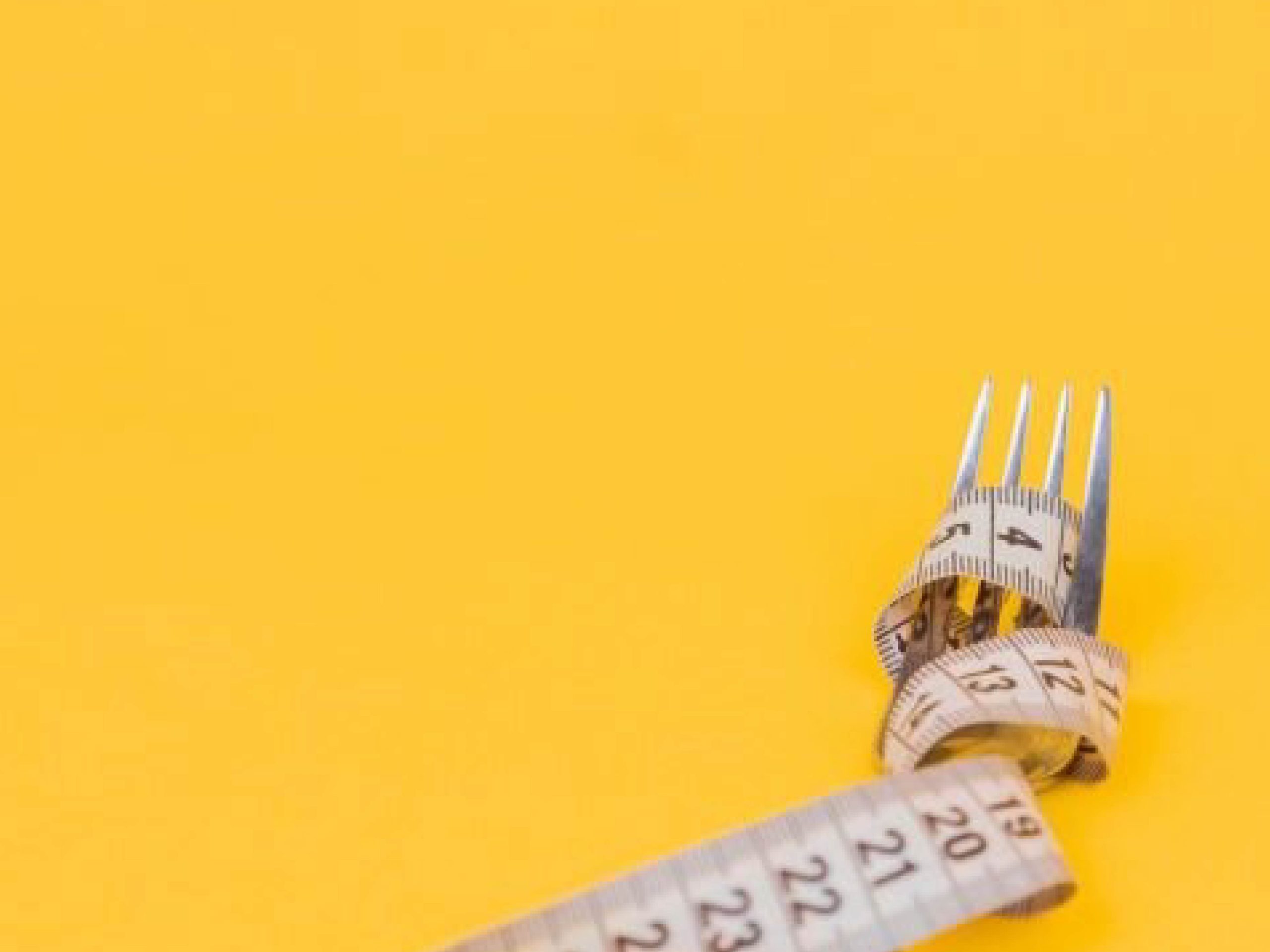Most people think that eating a vegan diet means you are automatically lean. Science does back this up, in a cross-sectional study of more than 70,000 people published in the Journal of the Academy of Nutrition and Dietetics in 2013 found that vegans had, on average, the lowest BMI of people with different dietary habits (ranging from non-vegetarian to vegan), even though everyone ate the same amount of daily calories. And a meta-analysis published in the journal Nutrients in 2014 looked at over 100,000 study participants and found that vegan diets are linked to a lower risk of developing obesity, hypertension, type-2 diabetes, and heart disease.
HOWEVER, it is quite easy to gain weight on a vegan diet if you are not eating in a healthy manner. I have had clients who went from omnivore to vegan and actually GAINED weight. Here are three common reasons this happens and how to avoid them, so you can reap both the health and weight-loss benefits of going vegan.
1. You aren’t getting enough protein
Eating an adequate amount of protein is key for maintaining muscle mass, which helps keep your metabolism revved. You can get enough protein, you just have to be strategic. One of my clients who was struggling with losing weight and feeling tired all the time. After working with her I quickly realized she was not getting sufficient protein, which explains the lack of energy as well.
Be sure to incorporate legumes and lentils in your meals since they are a great sources of plant protein. One cup of cooked lentils contains 17 grams of protein, compared to about 8 grams in a cup of cooked quinoa or a quarter cup of almonds. Using a plant-based powder (such as pea protein, made from yellow split peas) into a smoothie can also boost your intake, by as much as 25 grams per serving.
2. You aren’t paying attention to your portion sizes
Healthy foods including veggies, fruit, whole grains, nuts, seeds, and avocado all contain nutrients that fuel and nourish our body. Our body does not require an unlimited amount of food. Just because its healthy does not mean we should eat an unlimited amount. The amount your body needs is largely based on your age, sex, height, ideal body weight, and physical activity level.
Often when I review clients food journals, I find that they aren’t losing weight because their food intake exceeds their needs. I had one client who was eating a large bowl of oats for breakfast which included multiple servings of fruit, nut milk, nut butter, and seeds. She was working remotely because of COVID and would sit at her desk for most of the day. Yes her oatmeal had LOTS of nutrition but it was packed with about three times what her body actually needed, which resulted with weight gain. So, track those meals and pay attention to how much you are actually eating.
3. You’re eating too much vegan junk food
I’ve had plenty of clients who assumed it was okay to eat unlimited amounts of vegan treats (think ice cream and Hippeas), just because these were plant-based options. Many prepackaged foods, desserts, and snacks can not only be high in calories, but they’re often made with refined flour and added sugar, and stripped of nutrients and fiber. Yes, of course I am a big believer that ALL foods CAN fit. However, when these are consumed on a regular basis, they can pack on pounds. One study found that processed foods may decrease post meal calorie burning by nearly 50% compared to whole foods. Swap out those processed vegan foods for fresh swaps. Reach for in season fruit, dates, or dark chocolate to satisfy a sweet craving or DIY roasted chick peas or DIY Kale chips for a savory craving.
I hope the implementation of these tips will help you throughout your vegan weight loss journey!

